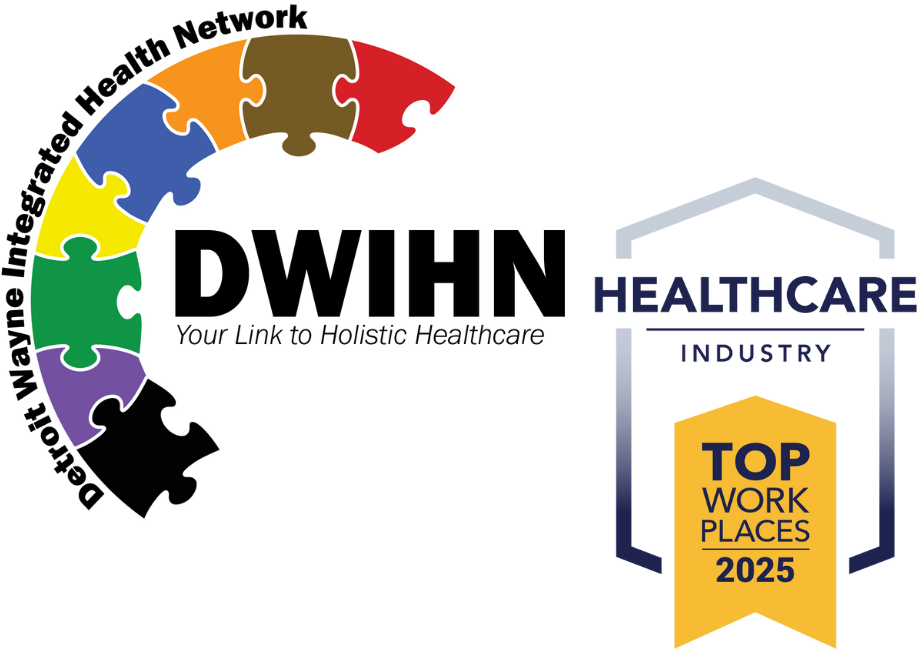Autism Services
What Is Autism Spectrum Disorder (ASD)?
- Significance of Early Intervention. Select the link to watch the video. https://youtu.be/FrHONmuuT6Q
What Is Applied Behavior Analysis (ABA)?
ABA is an intensive, behaviorally-based treatment that uses various techniques to bring about meaningful and positive changes in communication, social interaction, and repetitive/restrictive behaviors that are typical of ASD. Each child will have an individualized Intervention Plan that breaks down desired skills into manageable steps. Each ABA plan is designed for the individualized needs of the child and will include an average of 5 to 25 hours of direct interventions per week depending on medical necessity. These services are intensive and can be provided either in the home, clinic and community setting. ABA interventions require parent/guardian training and participation. Treatment can be used to address skills and behaviors relevant to children with Autism Spectrum Disorder.
-
Academic/cognitive skills
-
Communication skills
-
Following instructions
-
Following typical daycare/classroom routines
-
Language skills
-
Peer interactions
-
Self-help and daily living skills
-
Social skills
Accessing the ASD Benefit
a. Family or self-referral (parent, guardian, other family member)
b. Medical providers (PCP, specialists)
c. Treatment providers (speech pathologist, occupational therapist, mental health therapist)
d. Early-On or education providers
-
STEP 1: ACCESS Call Center
- Is My Child at Risk for Autism? Select the link to watch the video. https://www.youtube.com/watch?v=tBc3-n1PrKU
- Call 1-800-241-4949 to verify eligibility for Medicaid services and the Autism Benefit which includes completing necessary screenings.
- CMH screening occurs to schedule individual for either support coordination (SC) services or case management (CM) services.
- Autism screening tool to determine if the individual has elevated symptoms of Autism to be scheduled for an evaluation appointment.
- Autism Evaluation & Applied Behavioral Analysis Services. Select the link to watch the video. https://www.youtube.com/watch?v=sg9GDtYwxk8
- If ASD screening tool is positive, the individual schedules an evaluation appointment with an evaluating agency below:
- Social Care Administration (SCA)
- The Children’s Center (TCC)
- Sprout Evaluation Center (SEC)
- If ASD screening tool is negative, the individual can call back for a re-screening or submit supporting documentation of Autism symptoms.
- If ASD screening tool is positive, the individual schedules an evaluation appointment with an evaluating agency below:
- STEP 2: SC or CM Appointment
- Attend the appointment to complete the Person-Centered Planning (PCP) process to develop the Individualized Plan of Service (IPOS) that will establish goals the individual will focus on during service delivery.
- STEP 3: ADOS-2 Evaluation Appointment
- Attend the appointment and complete the evaluation to determine eligibility for the Autism Benefit.
- Eligibility re-determination for the ASD Benefit is reassessed every three years through another Diagnostic Evaluation.
- If approved for the ASD Benefit, the family chooses an ABA provider from DWIHN provider network.
- ASD Diagnosis: Next Steps. Select the link to watch the video. https://www.youtube.com/watch?v=yxDheu_JW_o
- Attend the appointment and complete the evaluation to determine eligibility for the Autism Benefit.
- STEP 4: Behavioral Assessment Appointment
- Complete the Behavioral Assessment with the chosen ABA provider which will be developed into an individualized Treatment Plan for ABA therapy.
- STEP 5: ABA Therapy
- Once the Behavioral Assessment and treatment plan are approved and incorporated into the individual’s IPOS then services will be requested to start on the date determined by family and provider(s). This process can take up to 90-calendar days from the ASD Benefit approval before one-to-one ABA services begin.

Are You Concerned Your Child May Have Autism?
Here Are Some Signs that May Identify The Need For An ASD Screening:
-
Not talking or suddenly stopped talking
-
Does not make eye contact
-
Does not return smiles
-
Not interested in other children
-
Lags behind same age children in skills
-
Has temper outbursts or tantrums — “melt downs”
-
Does not respond to his or her name
-
Does not like to cuddle
-
Is sensitive to clothing and textures
-
Has limited food preferences
-
Not respond to their name by 12 months
-
Not point at objects to show interest by 14 months
-
Not play "pretend" games at 18 months
-
Avoid eye contact and want to be alone
-
Have trouble understanding other people's feelings or talking about their own feelings
-
Have delayed speech and language skills
-
Repeat words or phrases over and over
-
Give unrelated answers to questions
-
Get upset by minor changes
-
Have obsessive interests
-
Flap their hands, rock their body, or spin in circles
-
Have unusual reactions to the way things sound, smell, taste, look, or feel
